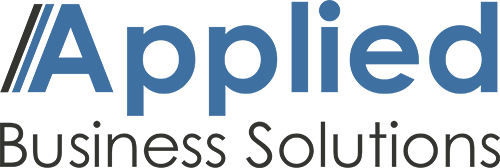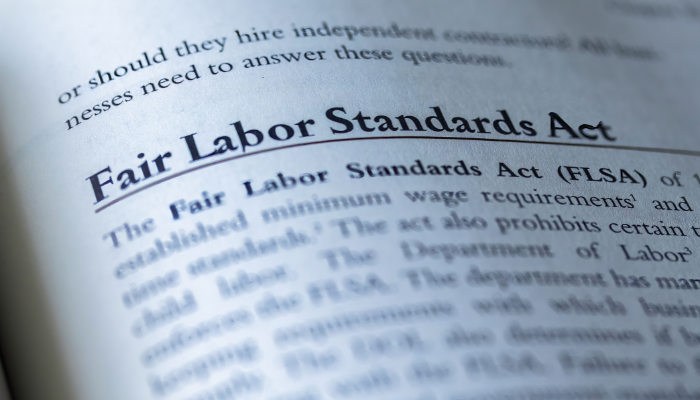As 2024 unfolds, businesses must stay informed and prepared for significant changes in wage and hour laws, particularly the Fair Labor Standards Act (FLSA) adjustments. The Department of Labor (DOL) has finalized a rule that revises the criteria for classifying employees and independent contractors. Set to take effect on March 11, 2024, this change aims at aligning classification practices more closely with judicial precedents, ensuring a fair assessment of employment relationships.
Understanding the Final Rule
The Final Rule introduces a revised analysis focusing on the “economic reality” of a worker’s role, emphasizing the nature of the work relationship over formal titles or contractual arrangements. This strategic shift is designed to minimize misclassification risks, offering clearer guidance for businesses engaging with independent contractors.
Key Factors for Employers
- Opportunity for Profit or Loss: Does the worker have a say in pay, choose assignments, or market services independently?
- Investments: Are the worker’s investments more like those of an independent business? Is there capital or entrepreneurial investment?
- Degree of Permanence: Is the work relationship continuous, exclusive, or more like a project-based, non-exclusive one?
- Nature and Degree of Control: Does the potential employer control the work, schedule, or economic aspects? Is there reserved control?
- Integral Part of Business: Is the work critical to the employer’s main business?
- Skill and Initiative: Does the worker use specialized skills independently, contributing to business-like initiative?
The ultimate goal is to determine if a worker is economically dependent or operates independently. Are they managing themselves or being managed by the business?
Suggestions for navigating Business/Independent Contractor Relationship in 2024:
- Clear contracts:
- Develop clear and comprehensive contracts outlining the nature of the working relationship, including expectations, deliverables, and compensation.
- Clearly state that the worker is an independent contractor, not an employee, to manage expectations
- Opportunity for Profit or Loss:
- Allow independent contractors to negotiate pay rates and project terms
- Encourage independent contractors to take initiative in expanding their business, finding new clients
- Investments:
- Minimize providing tools or equipment, independent contractors should use their own
- Degree of Performance:
- Structure projects as temporary or specific, rather than continuous employment.
- Allow flexibility for independent contactors to work with multiple clients
- Nature and Degree of Control
- Avoid micromanaging independent contractors; focus on project outcomes
- Clearly define the scope of work, but allow flexibility in how the work is completed
- Integral Part of Business:
- Ensure that projects assigned to independent contractors are not central to the core functions of your business
- If possible, use independent contractors for specialized projects that aren’t an integral party of daily operations
- Skill and Initiative:
- Recognize and appreciate the specialized skills independent contractors bring
- Allow independent contractors to use their skills in marketing their services, setting their prices, and obtaining work from various sources
- Contracts Reflecting Economic Independence:
- Draft contracts that reflect the economic independence of the contractor, emphasizing their ability to operate as a separate business entity
- Documentation:
- Keep clear records of contracts, invoices, and communication that support the independent contractor relationship
- Maintain documentation showing that the contractor is operating independently
By following these suggestions and ensuring that the working relationship aligns with the principles outlined in the FLSA rules, businesses can reduce the risk of misclassification and maintain a positive and legally compliant association with independent contractors.
How Applied Business Solutions Can Help
Navigating the complexities of FLSA changes can be daunting for businesses. At Applied Business Solutions, we specialize in providing comprehensive guidance and support to help your business adapt to these legal updates effectively. Our team of experts is equipped to assist you in reviewing your employment classifications, updating your policies, and ensuring your practices align with the new FLSA requirements.
Contact Us for Expert Guidance
For detailed assistance and to ensure your business remains compliant and ahead of regulatory shifts, reach out to us at Applied Business Solutions. Our expertise in labor and employment law is your resource for navigating 2024’s legal landscape confidently.
- Email: info@appliedpeo.com
- Phone: (855) 792-2808





